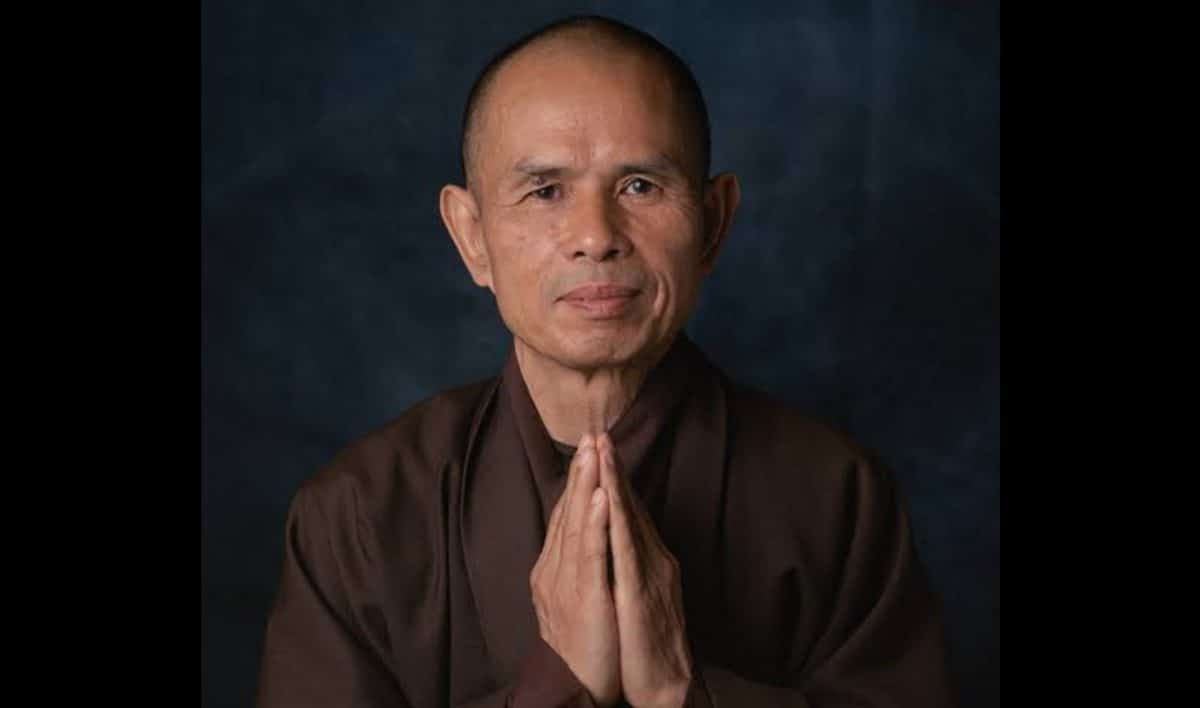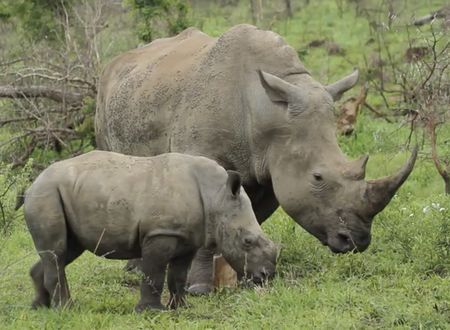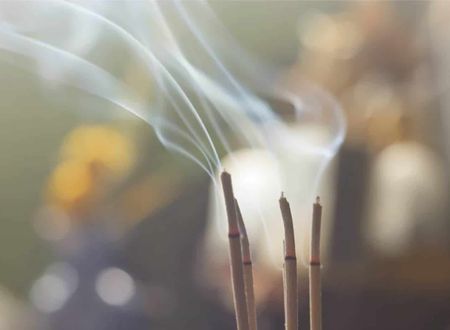I want to make a disclaimer here. First of all, I’m not a religious person nor a Buddhist. Nor an expert on a Buddhist scripture. I am just an ordinary human, but his teaching has touched my heart. A lot. As I write this post, I find myself stunned and almost crying in the middle of the night. I was expecting to read articles about Thich Nhat Hanh’s teaching but found out that the beloved has just passed away a few days earlier.
I am shocked beyond words. This makes me so sad. But at the same time, I am also full of gratitude.
I am grateful that I was exposed to the words of Thich Nhan Hanh. I am thankful that I have the chance to learn his teachings on mindfulness. I first read his book, The Art of Living, around 2019 during a state of depression. This book helps me to change my life.
He teaches that mindfulness can be practiced anytime, includes when washing the dishes.
There is a difference between washing the dishes to get the dishes clean and doing it for the sake of cleaning them only. When we anticipate the prior, we have occupied our thoughts with the future; a hope to have a clean dish. We will not be mindful when we are not present. When we don’t get a clean dish, we are frustrated.
But when we detach from the expectation of having a clean dish, then we will not be frustrated when things go on our way. Thus, we can be fully mindful when our purpose is for the sake of washing the dishes only. This not only teaches me about mindfulness but also non-attachment.
Mindfulness teaches us about everything in life. The former peace activist in the Vietnam war, Thich Nhat Hanh teaches us to be compassionate to everyone, with no strings attached. Even to the killer or a raper. There must be a hurtful, fearful, or bad and unconscious reason for people doing bad things. But, this doesn’t mean evil is justified. On the contrary, this is the way to alleviate suffering.
With compassion, we can see things from a different perspective. The understanding that comes from compassion will help us understand how to prevent suffering in the first place. Compassion will alleviate the suffering of the victim and the perpetrators.
Compassion will reduce suffering in the present, past, and future. Because that means we forgive the past, accept the present, and embrace the future.
That’s how my depression slowly melts away. I had family and work issues. Back then, I blamed other people were inherently bad or intentionally hurting me. But his teachings shed some light on me that most bad things are not personal. If he can show compassion to them, then I can, too. This makes me realize that other people had hurt, too.
Writing for around 100 books, Thich Nhat Hanh makes me confused on which books to read (literally :D). I think I have the same thoughts as AkshayOm in his post on Thich Nhat Hanh tribute. Like him, I was exposed to Thay’s teaching when he was depressed and almost mistakenly perceive his teaching as self-help books. But, any books that I read are never wasted. His teachings help me to gain strength from within and explore more about mindfulness. I start to meditate more, forgive people, accept my past, and learn about mindfulness more. The insight leads me anywhere, including here in os.me community. I realize that the world is full of good people, only when we open our eyes and be mindful.
The journey of mindfulness will not end. Because mindfulness is a practice, not a destination. That’s why I’m not really sad about Thay’s death, as life is a transformation. Everything that dies means it already changes. There is a continuation of life in a different form.
“When conditions are sufficient, a cloud transforms into rain, snow, or hail.
The cloud has never been born and it will never die.
This insight of signlessness and interbeing helps us recognize that all lives continue in different forms.
Nothing is created, nothing is destroyed, everything is in transformation.”
–Thich Nhat Hanh
But I can’t really lie to myself, too. I am still sad that he is passed away. Imagine if Swami ji died; what would you feel? You will feel sad. But, in the end, we will be grateful, too.
We will feel blessed for his presence. We are also thankful to have a chance to know him. We will be grateful that some people will continue to pass his teachings to the future generation. We will be grateful that we can still make his teachings alive by practicing them. It’s how one life continuation will live.
Of course, we don’t know when our life will end. However, we can always choose to live our life mindfully in the present moment.
“Waking up this morning, I smile.
Twenty-four brand new hours are before me.
I vow to live fully in each moment
and to look at all beings with eyes of compassion.”
— Thich Nhat Hanh
At first, I regret not knowing about mindfulness earlier. Be it from Thay, Swami, or other figures. However, there is no use in regretting the past. Yes, suffering is hurtful. But with the power of mindfulness, we can transform suffering into happiness. In No Mud, No Lotus, Thay describes that we might not like a slick of mud. But for a lotus flower, it is a path to transform a seed into a flower. Ultimately, there is always a way to turn considered garbage into a flower. A good gardener knows how to turn compost into a beautiful flower. With the same insight, we can become that good gardener too for our garden of life.
Luckily, planting a good garden is not hard. We can start by practicing one mindful breath at a time.
“Breathing in, I calm my body.
Breathing out, I smile.
Dwelling on the present moment,
I know this is a wonderful moment!”
— Thich Nhat Hanh
By practicing the awareness of the present moment, we can realize that there are so many things to be cherished. Even if it’s a dispreferred situation. Death is also one thing that one can be grateful for, as it will bear something new in return.
“This body is not me.
I am not limited by this body.
I am life without boundaries.
I have never been born,
and I have never died.
Look at the ocean and the sky filled with stars,
manifestations from my wondrous True Mind.
Since before time, I have been free.
Birth and death are only doors through which we pass,
sacred thresholds on our journey.
Birth and death are a game of hide-and-seek.
So laugh with me,
hold my hand,
let us say good-bye,
say good-bye, to meet again soon.
We meet today.
We will meet again tomorrow.
We will meet at the source every moment.
We meet each other in all forms of life.”
— Thich Nhat Hanh









Comments & Discussion
19 COMMENTS
Please login to read members' comments and participate in the discussion.